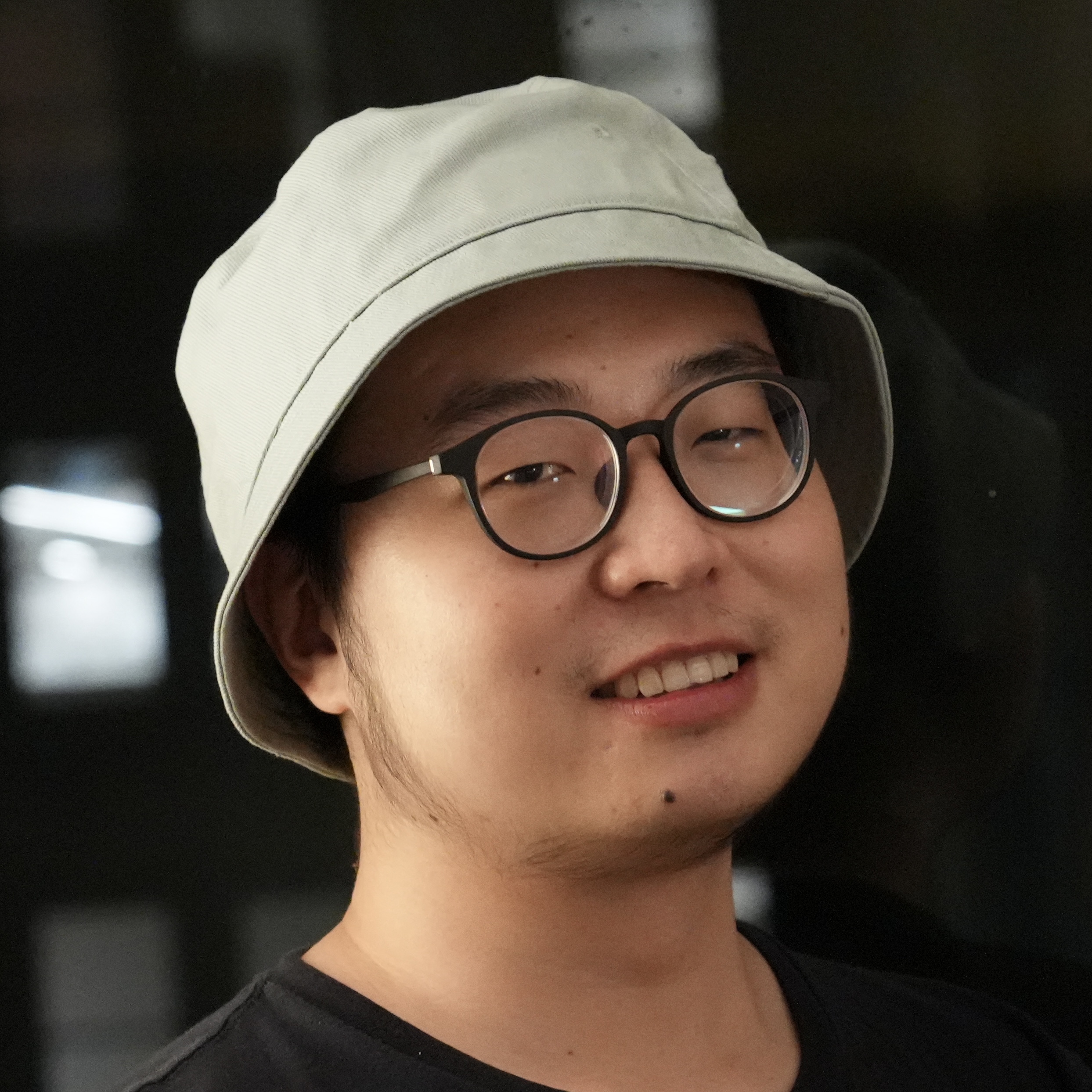People
Faculty
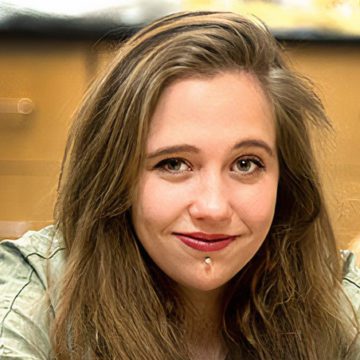
Kat Albrecht
Kat Albrecht is an Assistant Professor in the Department of Criminal Justice and Criminology in the Andrew Young School of Policy Studies at Georgia State University. Dr. Albrecht’s work sits at the intersection of computational social science and law, where she uses innovative computational techniques to study fear, violence, and data distortions. She is particularly interested in the nexus of fear and risk-taking behaviors, digital trace data, and the impact of law on decision-making. She frequently serves as a computational science expert for the defense on active legal cases about life without the opportunity of parole, felony murder, gang enhancements, and the Racial Justice Act. She is presently a Fellow with CJARS where she is conducting research on felony case processing speeds across the United States.
Olga Churkina
Olga Churkina is a PhD Candidate in Public Policy jointly at Georgia State University and Georgia Institute of Technology. Her research interests include experimental and quasi-experimental methods for education and labor market policies, microeconomics models of human behavior, and applications of big data. Her background is in Quantitative Economics and she is currently involved in the Smart Cities project as a member of the Data Science and Policy Lab at Georgia Tech. Furthermore, she is working on a prosocial behavior research at GSU ExCEN as well as a labor market field experiment for her dissertation.
Ryan Ellis
Ryan Ellis is a PhD Candidate in the School of Economics at the Georgia Institute of Technology. His research interests include migration and borders, health, and development economics. Prior to joining Georgia Tech, Ryan worked as an educator and financial counselor with immigrant-led non-profit organizations in Nashville, TN.Speakers
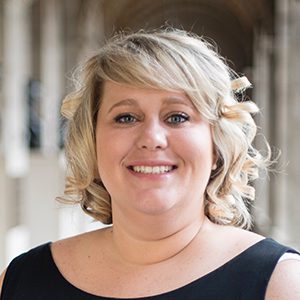
Raeda Anderson
Raeda Anderson is an experienced research scientist and data scientist at Shepherd Center and an Affiliate Professor in the Department of Sociology at Georgia State University. For over a decade, she has been working in Statistical Data Analysis, Student Development, Quantitative Research, Social Network Analysis, and Statistical coding (SPSS, STATA, SAS, MPlus, HLM7, and R) with the focus on the hospital & health care industry.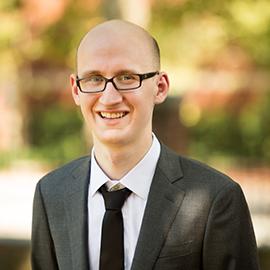
Daniel Dench
Daniel Dench is an Assistant Professor in the School of Economics and the Health Economics & Analytics Lab (HEAL) at the Georgia Institute of Technology. He works on issues related to tobacco and nicotine policy, school choice and enrollment mechanisms, and runs field experiments related to student motivation and cheating. In addition to Georgia Tech, Daniel is a faculty affiliate with Notre Dame's Lab for Economic Opportunity and is a research economist for the National Bureau of Economic Research.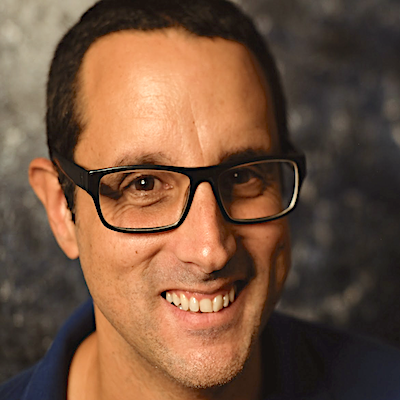
Alfredo Deza
Alfredo Deza is a software engineer at Microsoft and an Adjunct Professor at Duke, speaker and author of several books about DevOps and Python, including Python For DevOps and Practical MLOps, and former Olympic athlete. With almost two decades of DevOps and software engineering experience, he teaches Machine Learning Engineering and gives lectures around the world about software development, personal development, and professional sports.
Casey Wichman
Casey Wichman is an Assistant Professor in the School of Economics at the Georgia Institute of Technology and a University Fellow at Resources for the Future. Prior to joining Georgia Tech, he served as the Research Director of the Energy & Environment Lab at the University of Chicago and as a Fellow at Resources for the Future in Washington, DC. He is an applied microeconomist working on issues at the intersection of environmental and public economics. His research spans water and energy demand management, valuation of environmental resources and infrastructure, urban transportation, understanding the drivers behind public goods provision and prosocial behavior, demand for outdoor recreation, and climate change.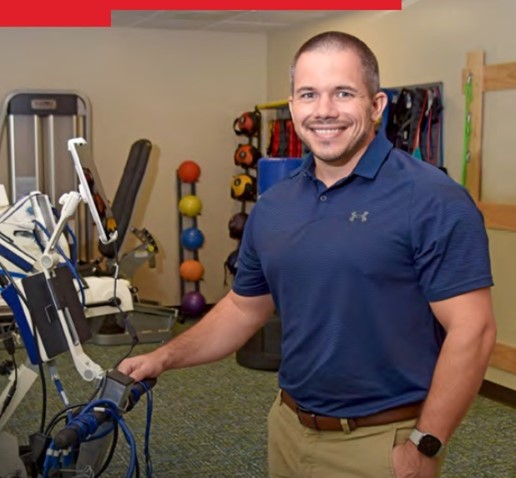
Brad Willingham
Brad Willingham is a Research Scientist at Shepherd Center whose work focuses on the development of innovative technologies and strategies to advance neurorehabilitation. He is originally from the Atlanta area and started his career in rehabilitation working as an Exercise Physiologist at Shepherd Center. Through this experience, he became interested in scientific questions that could guide evidence-based treatment strategies and developed research collaborations that led him to complete his PhD in Exercise Physiology at the University of Georgia. Before his recent return to Shepherd Center, Brad Willingham spent the past four years serving as a postdoctoral fellow at the National Institutes of Health where he received advanced training in neuromuscular physiology and bioenergetics.Teaching Assistants
Participants

Stephen Abeyta
Stephen Abeyta is a doctoral candidate at Northeastern University's School of Criminology and Criminal Justice. His research focuses on work-related issues, particularly understanding how workplaces can be a unique space of violence, victimization, and harm. He is also interested in understanding how the evolving nature of the workplace will affect workers’ exposure to adverse work-related experiences.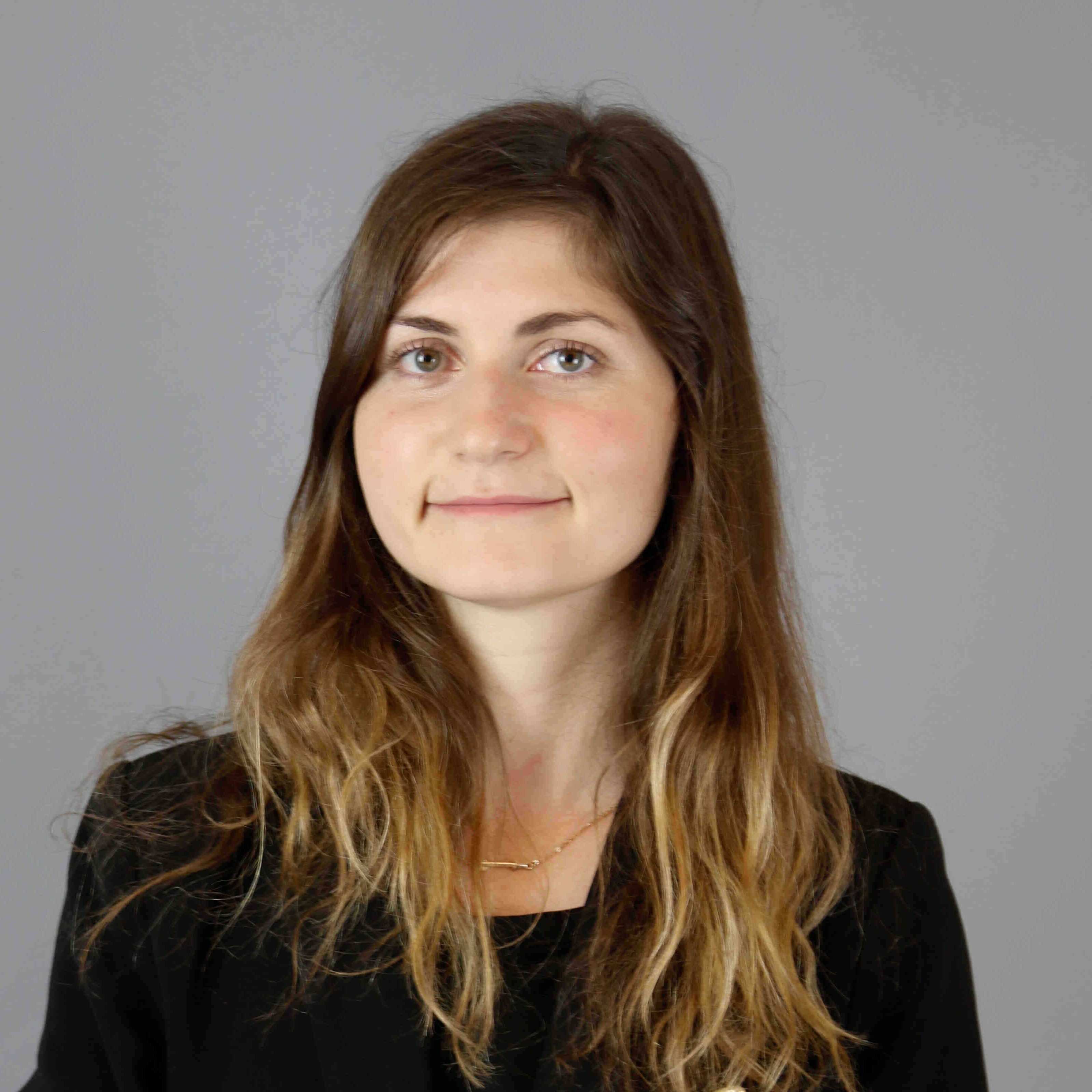
Salome Apkhazishvili
Salome Apkhazishvili is a Ph.D. student at Georgia State University Communication Department. Her research interests are in intergenerational communication and media literacy, more specifically, how new digital technologies shape communication and knowledge exchange via and about technology. After earning her undergraduate degree in Journalism and Mass Communication, Salome Apkhazishvili worked as a reporter for the major national media outlets in Tbilisi, Georgia for six years. She is a recipient of the Fulbright Graduate Scholarship, Edmund S. Muskie Professional Fellowship, and Vaclav Havel Journalism Fellowship. Salome’s master thesis The National Idea in Georgian Political Caricatures was presented at TEDx Youth Tbilisi Conference, at World Communication Association Conference, and published as a book, which became the finalist of the major literary award “SABA” in her home country. Salome Apkhazishvili’s working experience includes several research and advocacy projects in media and digital literacy. In 2021-2022, she served as a communications officer at the European Communication Research and Education Association Children, Youth, and Media section. Since 2020, she has co-produced the Summer Institute in Digital Literacy, the professional development event for media educators.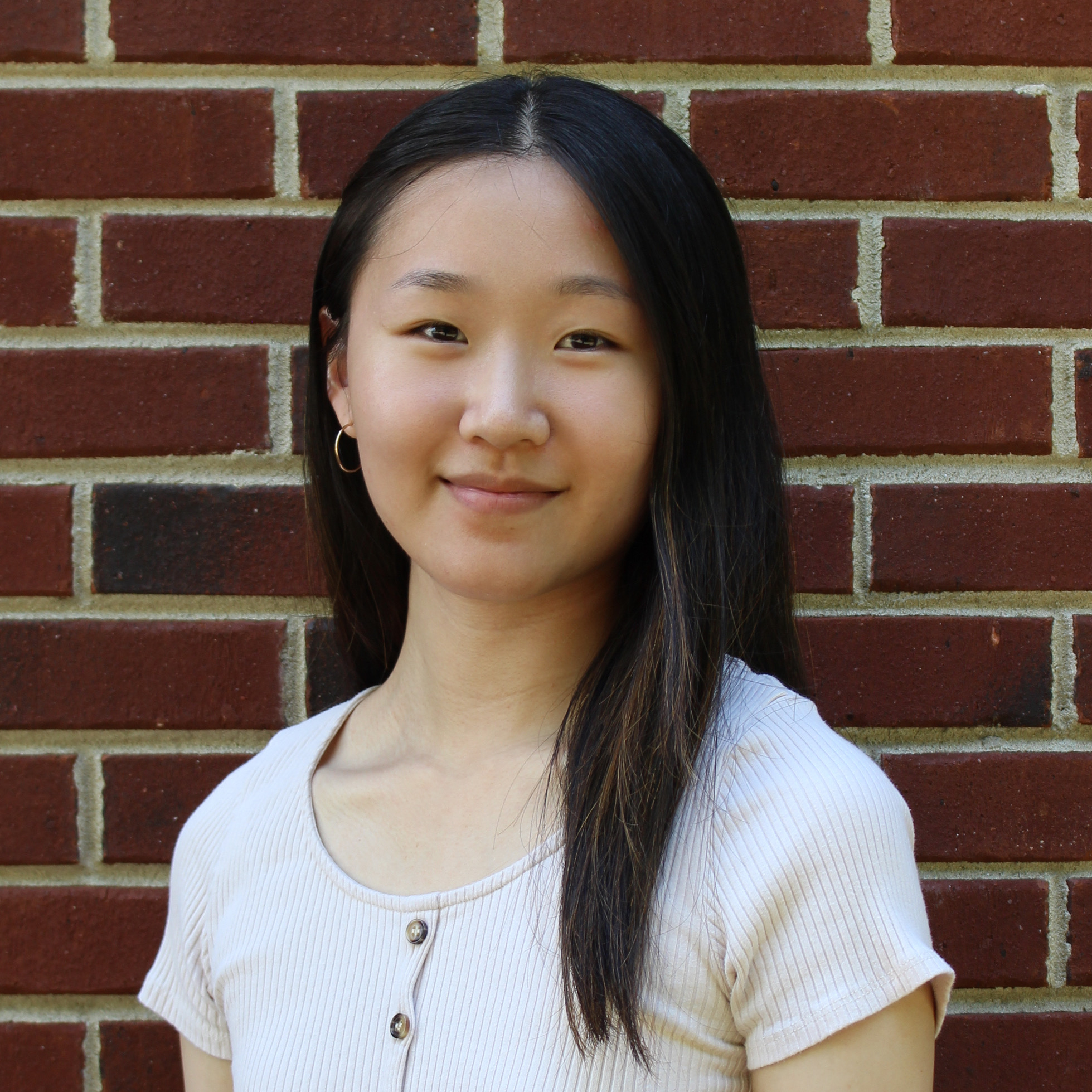
Elizabeth Chan
Elizabeth Chan is a second-year PhD student in Social and Personality Psychology at the University of Toronto. Her research interests include time use, current affairs, and well-being. Specifically, she is interested in understanding how people can allocate their limited time to maximize well-being using various statistical methods such as compositional data analysis and cluster analysis. Prior to graduate school, she completed her Bachelor of Science in Psychology at the University of Toronto.
Jane Daquin
Jane Daquin is an Assistant Professor in the Department of Criminology and Criminal Justice at The University of Alabama. Her research focuses on individuals’ experiences with and perceptions of the criminal legal system, with a particular focus on carceral experiences (e.g., victimization in prison). Additionally, her work focuses on the effects of the prison experiences on reentry for formerly incarcerated individuals. Currently, she is statistical consultant in one of the research units at The University of Alabama.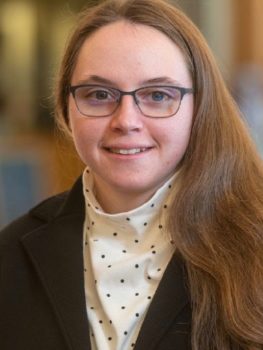
Caitlin A. Dorsch
Caitlin A. Dorsch is a doctoral student and graduate research assistant in the Department of Criminal Justice and Criminology at Georgia State University. She began serving as President of the Criminal Justice Graduate Student Association in 2022 and received the Department’s Excellence in Leadership Award in 2021. She graduated with a B.A. in Criminology from the University of Lynchburg in 2020. Her primary research investigates the quality of administrative data in the criminal justice system. Her secondary research examines the victimization of subgroups.
Desha Elliott
Desha Elliott obtained her BA from Northern Kentucky University (NKU) while starting her first tech company. She completed her MS in Management at Strayer University. After graduating from Strayer, she created PB7APP, an education technology app for student athletes and was Editor in Chief for nationally distributed education and entrepreneurship magazine. She is a PhD Candidate in the Whitney M. Young, Jr., School of Social Work at Clark Atlanta University. She is a founding member of the intramural Professional Doctoral Network (Clark Atlanta University’s first doctoral student centered organization), serves as student researcher for The Center for Social Reform, Equity and Innovation and the IN Her Hands project and a hackathon advisor of the AUC Data Science Initiative. In her private practice, she pioneered a blueprint for the Black Farmers Equity Initiative. Her areas of focus are economic development, entrepreneurship and technology.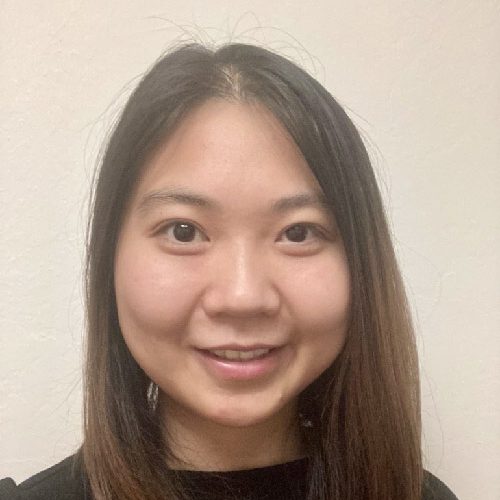
Yi Feng
Yi Feng is a Ph.D. candidate at the School of Education at the University of California, Irvine. Her current research focuses on the development of a personalized approach to enhance working memory in children, along with exploring individual differences in skill learning. She has a strong interest in integrating computational modeling with research in psychology and education to optimize learning performance for individuals.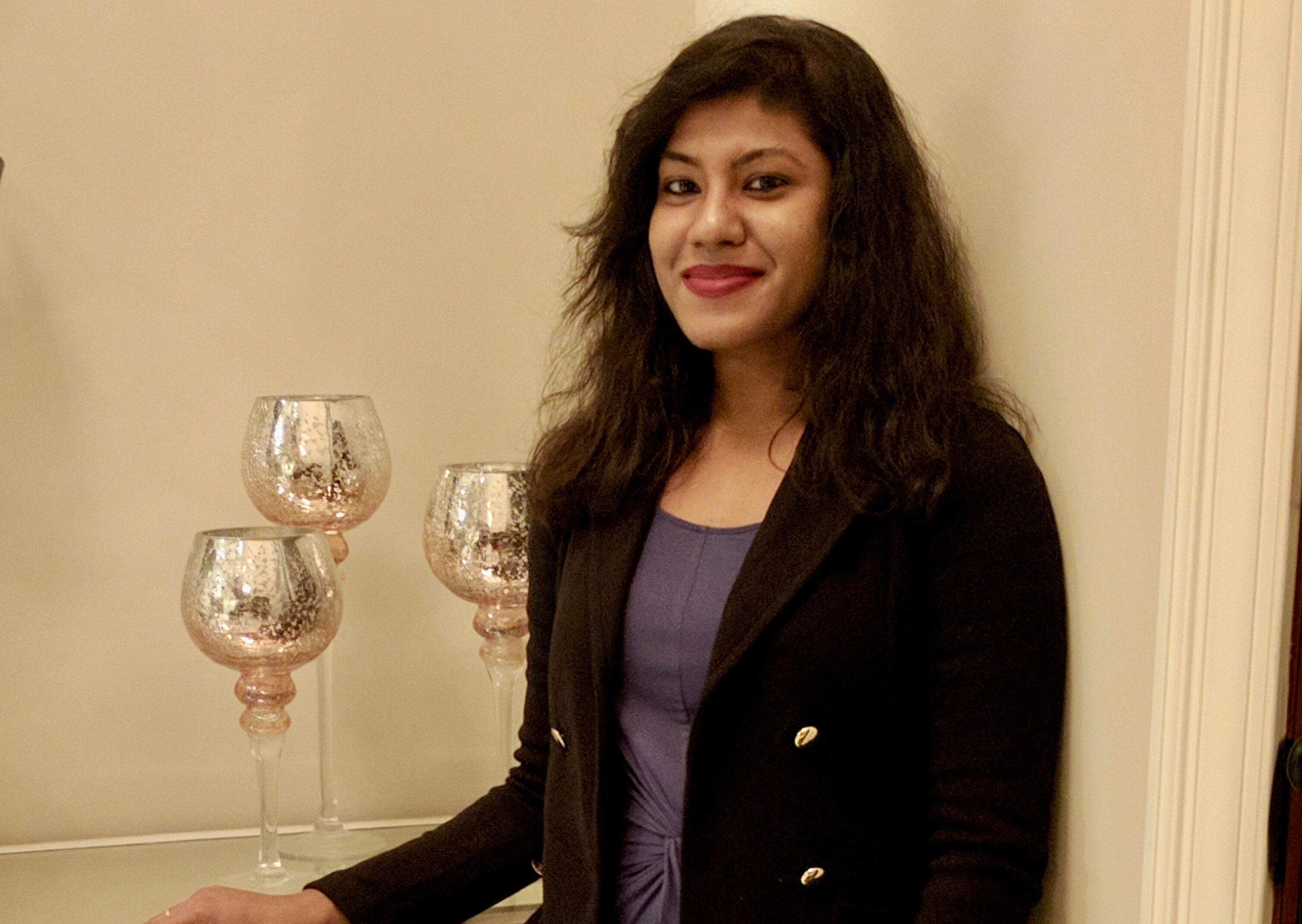
Shrabani Ghosh
Shrabani Ghosh is a PhD student in the College of Computing and Informatics at the University of North Carolina at Charlotte. Her research interests include social media mining, machine learning and graph theory. In social media analysis, she focuses on sentiment analysis, misinformation propagation and community clustering. Additionally, she does large graph mining for link prediction and community detection.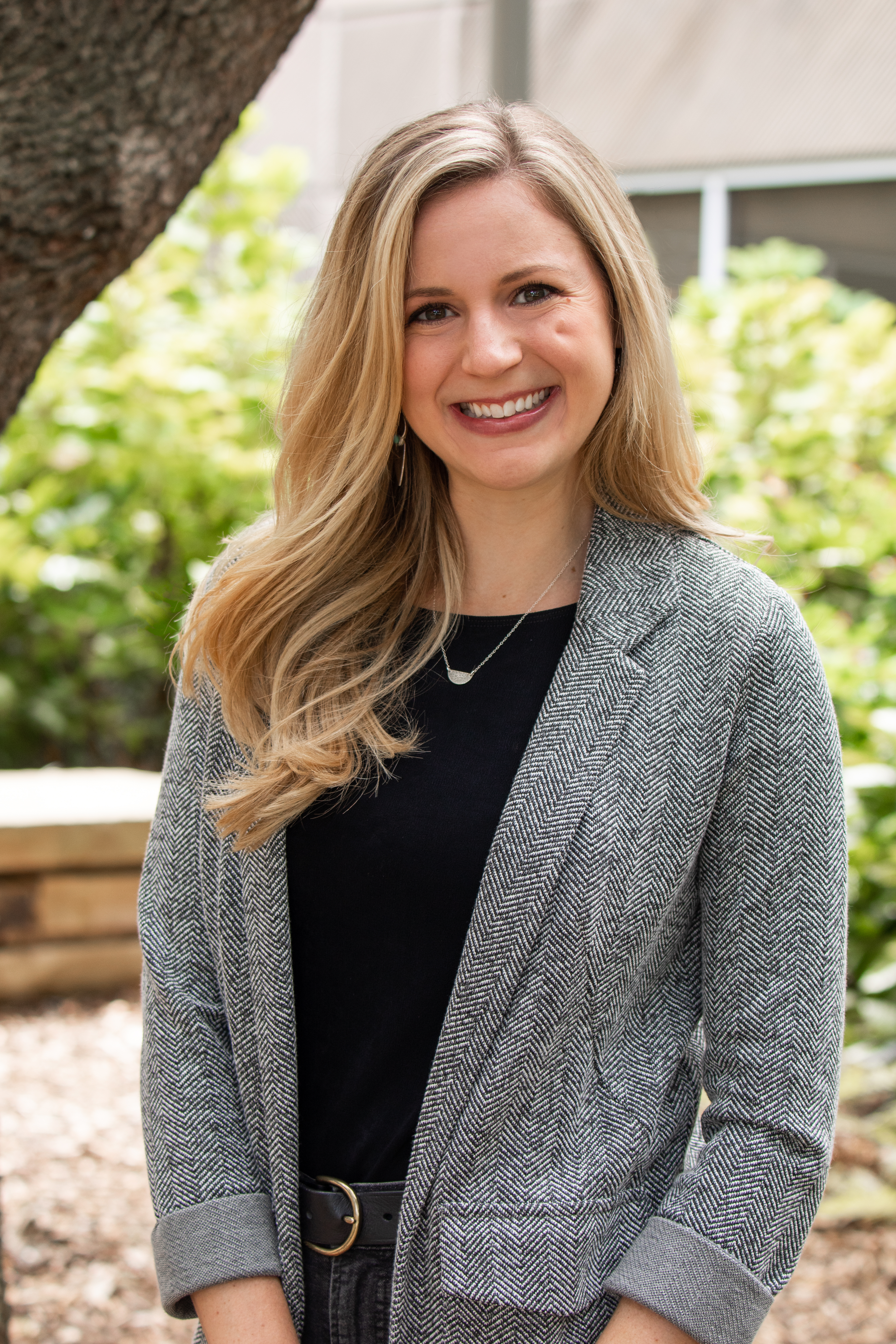
Michelle N. Harris
Michelle N. Harris is an Assistant Professor in the Criminology and Criminal Justice Program in the School of Economic, Political, and Policy Scents at University of Texas at Dallas. Through her research, she examines topics related to mental health and victimization, and how these two topics intersect with various processes. Using statistically sophisticated techniques, her research involves a multidisciplinary, theoretically grounded approach through which she generates policy recommendations on topics related to psychosocial and developmental explanations of criminological processes and victimization.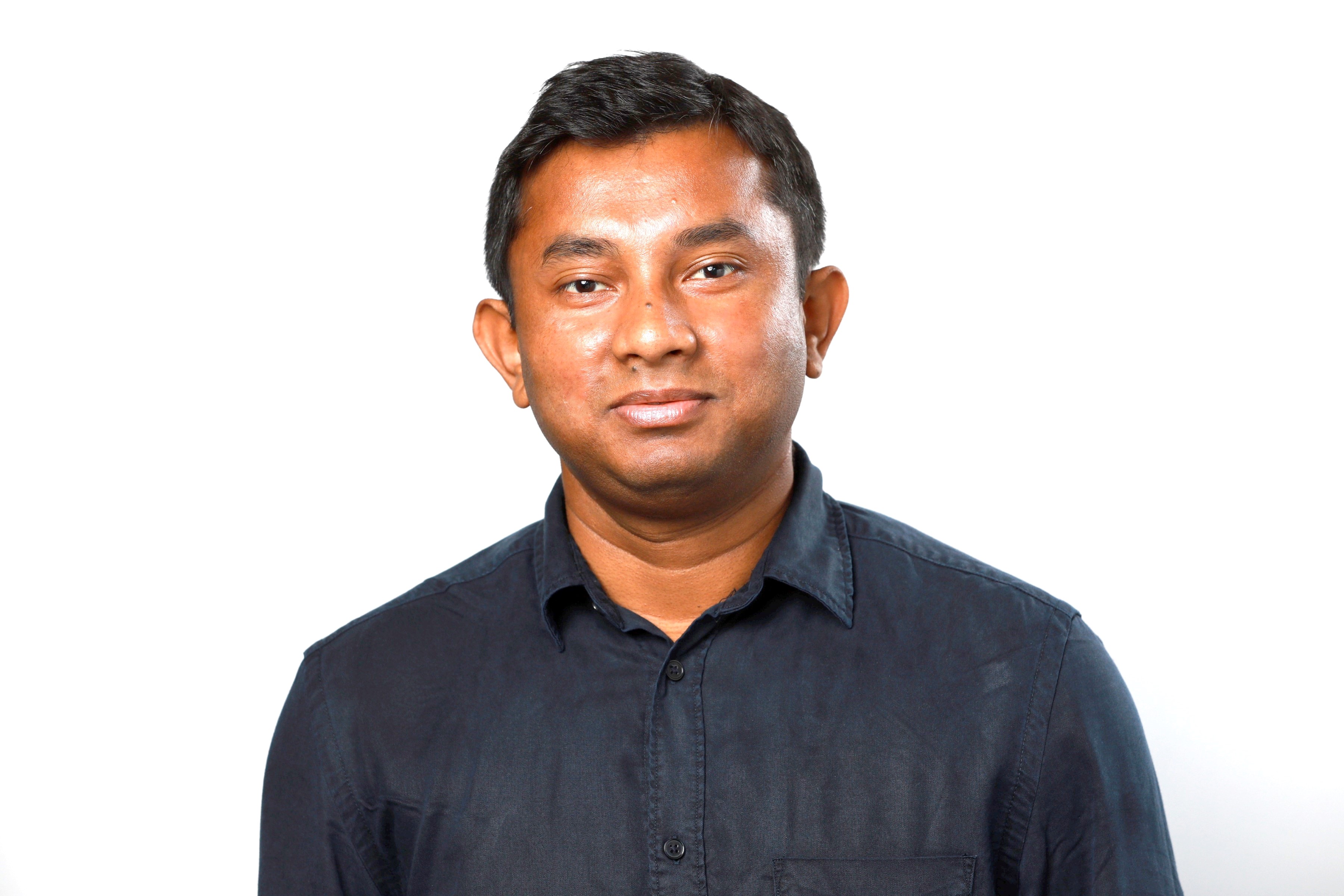
Muhammed Rashedul Hasan
Muhammed Rashedul Hasan is pursuing his Ph.D. in the Department of Communication at the University of Illinois at Chicago. He is an established academic with more than ten years of experience in a university setting. His scholarly contributions appeared in publications by various prestigious academic publishers such as Sage and Palgrave Macmillan. In addition, he has been active in academic conferences and presented his work in competitive forums. His current research interest includes the social and political consequences of communication technologies in an increasingly complex globalized context. Hasan earned his BA with Honors and MA in Communication and Journalism from the University of Chittagong, Bangladesh. He also holds a Master of Global Media Communication degree from the University of Melbourne, Australia.
Rachel Heiter
Rachel Heiter is a PhD student at Georgia State University in the Cognitive Psychology department. Her research interests are primarily centered around the study of extremist beliefs. She aims to further her work through examining what external factors contribute to the endorsement of extreme beliefs and determining the viability of inoculation interventions against them.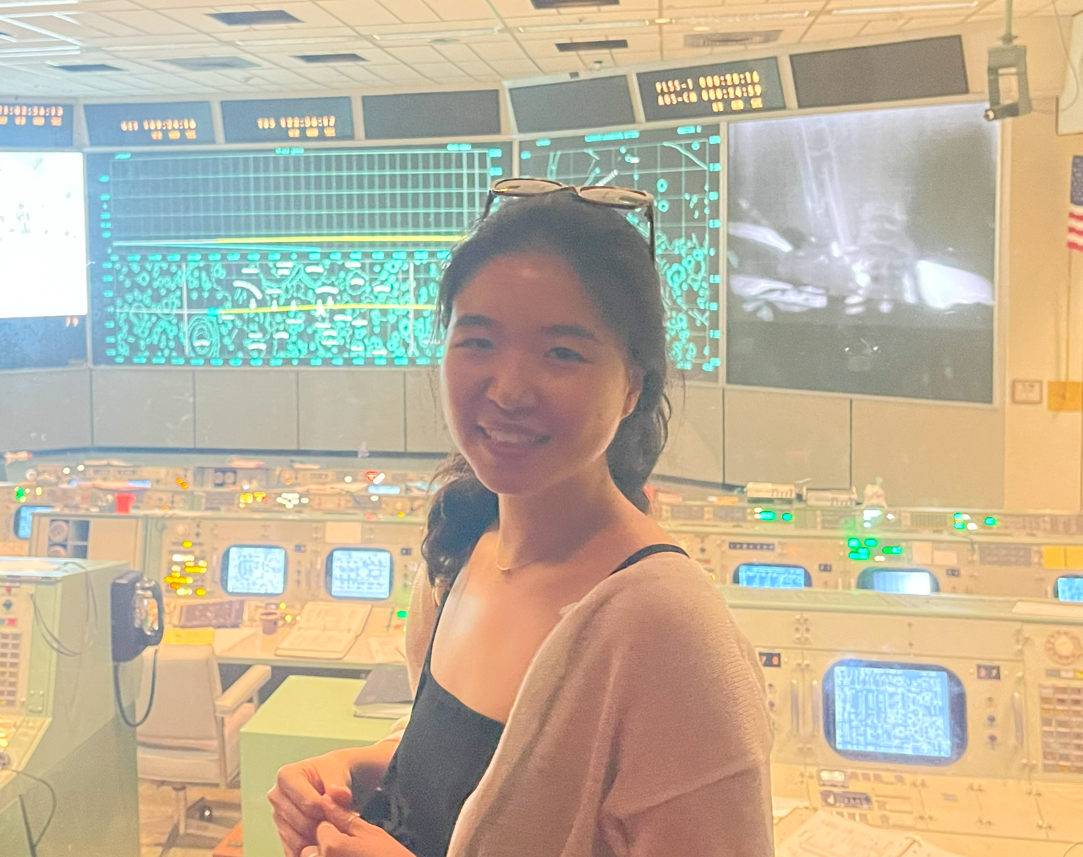
Yumin Hong
Yumin Hong is a PhD student in the Economics department at The University of Texas at Austin. Her current research focuses on exploring the effects of exposure to extreme weather events in early life on health and labor market outcomes.
Anqi Hu
Anqi Hu is a PhD student in sociology at Emory University. Her research interests include Asian American identities, racial and political inequalities, and algorithmic biases. Her current work focuses on applying mixed methods to examining the development of ethnic and cultural identities among Asian American adolescents. Her other project involves using social network analysis to investigate the racial disparities in the mental health of survivors following deaths of family members.
Hamida Khatri
Hamida Khatri, a PMP® (Project Management Professional) certified gender-based violence expert and a social justice advocate stands at the forefront of technological and sociological research, possessing a dynamic blend of skills in project management, research development, strategic management, design, innovation, and emerging technologies. She is furthering her academic journey by pursuing a Ph.D. in Arts, Technology, & Emerging Communication at the University of Texas at Dallas. Simultaneously, she’s advancing her skills in emerging technologies by attaining a Professional Certificate in Augmented/Virtual Reality and Computer Graphics from the NYU Tandon School of Engineering and a Post Graduate Program Certificate in Artificial Intelligence and Machine Learning from Texas McCombs School of Business at the University of Texas at Austin. Hamida is the Director and driving force behind VR Catalyst, an innovative non-profit organization leveraging virtual reality gaming simulation and therapy to support victims and survivors of gender-based violence. Hamida’s scholarly work intriguingly intersects Computational Social Science, Victimology, and Philosophy of Psychiatry, while embracing the rich cultural contexts of Islamic Art, Persian Literature, and South Asian Studies. This distinctive interdisciplinary approach empowers her to analyze the complex psychological and social impacts of gender-based violence on its victims and survivors. Committed to utilizing innovative research methodologies, Hamida integrates social simulation, modeling, network analysis, and media analysis through games and animation. Hamida’s multifaceted approach epitomizes her commitment to bridging the gap between technology and human experiences, promising profound insights into the realm of gender-based violence.
Emily Eunji Kim
Emily Eunji Kim is a Ph.D. student in the School of Public Policy at the Georgia Institute of Technology. Her research interest lies in the intersection of technology assessment and comparative politics with a special focus on the measurements of states’ capabilities in emerging technologies. Her current works include measuring labor susceptibilities triggered by artificial intelligence (AI) as a part of the National Network for Critical Technology Assessment and measuring states’ institutional preparedness for AI. She received her M.A. from Seoul National University and is pursuing M.S. in statistics from Georgia Tech. She served as a researcher at the Korea Institute of Science and Technology Evaluation and Planning before joining her study at Georgia Tech.
Maxim Malikov
Maxim Malikov is a PhD student in the Computational Social Science program at George Mason University. His research focuses on computational simulations with social inclination, in order to gain a deeper understanding of how societies and organizations emerge, evolve, and perish. His methodology includes the use of Natural Language Processing tools for empirical data extraction and Agent Based Modeling to simulate the social interactions, with the goal of learning about our past and applying that knowledge towards our future.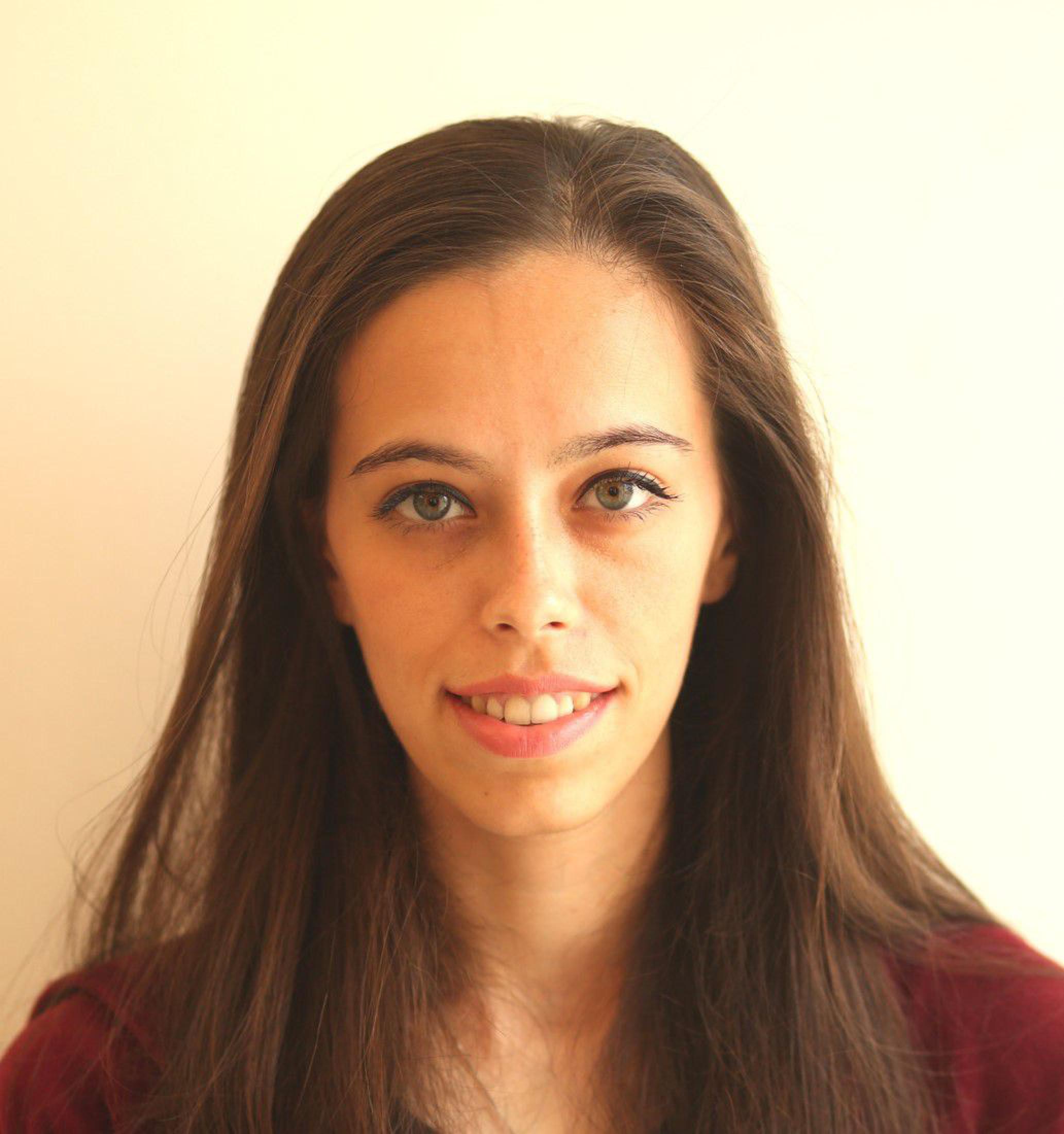
Sari Mentser
Sari Mentser is currently pursuing her PhD at the School of Business Administration at the Hebrew University of Jerusalem. In her research, she takes a cross-cultural approach to studying values and moral judgments. She enjoys utilizing a variety of methods to answer her research questions, including meta-analyses, text analyses, and structural equation modeling.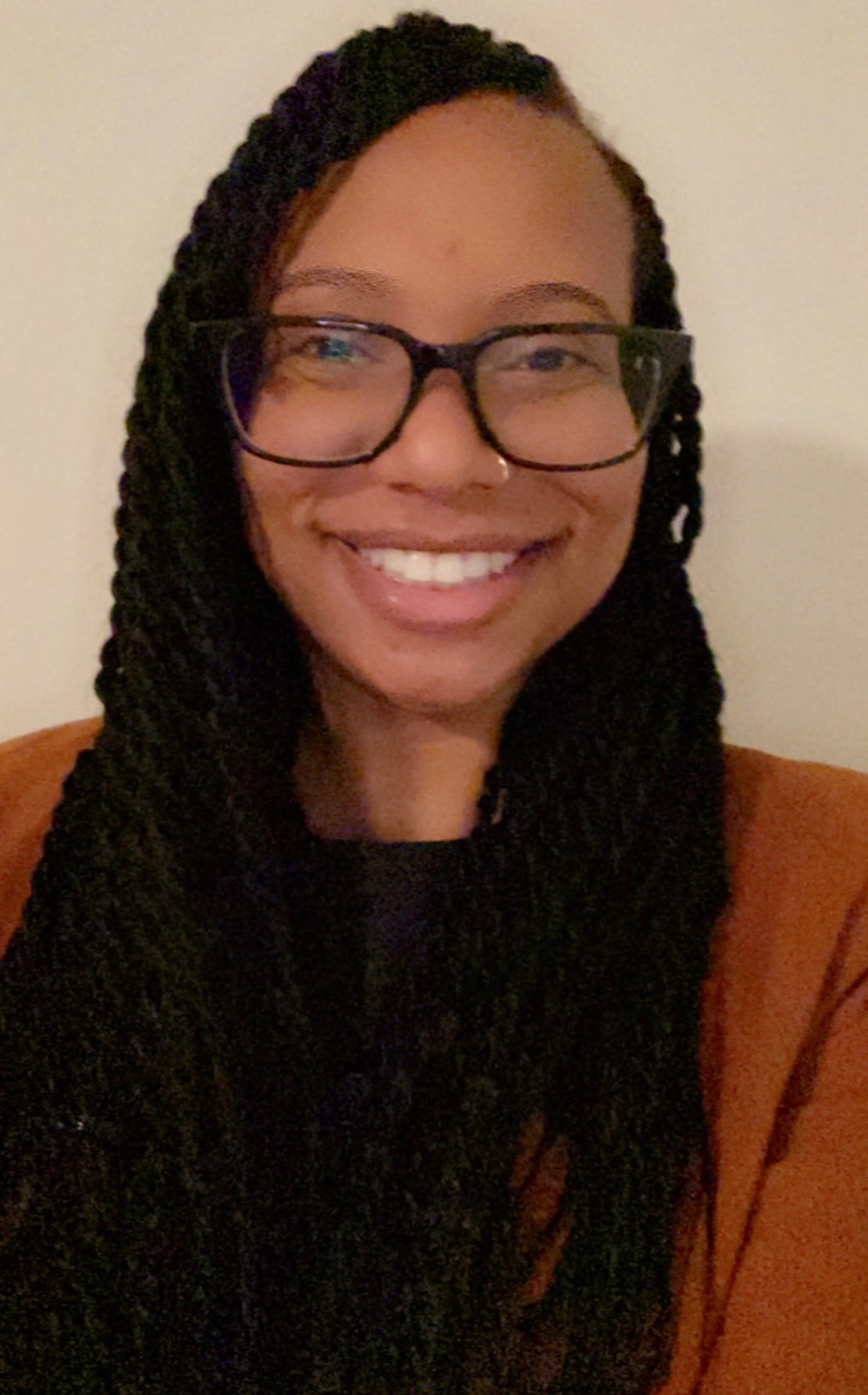
Jasmine (Jay) Moore
Jasmine (Jay) Moore is a PhD student in Human-Centered Computing at Georgia Institute of Technology in the Social Dynamics and Wellbeing Lab. She has developed programming and research in injury and violence prevention working to help establish national adaptations of the Cardiff Model for Violence Prevention. Jasmine’s research utilizes mixed methods to study technology’s mediation of direct and structural violence.
Sedat Ors
Sedat Ors is a Ph.D. student in Economics at the Georgia Institute of Technology. He is passionate about research in Environmental Resource Economics, Climate Change, and Development Economics. Sedat completed his master’s degree in economics at the University of Hawaii at Manoa. With a keen interest in understanding the economic implications of environmental issues, Sedat delves into the study of sustainable practices. He firmly believes that innovative solutions can be found to promote economic growth and environmental preservation by exploring the intricate relationship between economics and the environment. In addition to his focus on Environmental Resource Economics, Sedat is intrigued by Development Economics and the socioeconomic factors that shape communities and nations. Through his research, he aims to contribute to the field's advancements and facilitate positive change.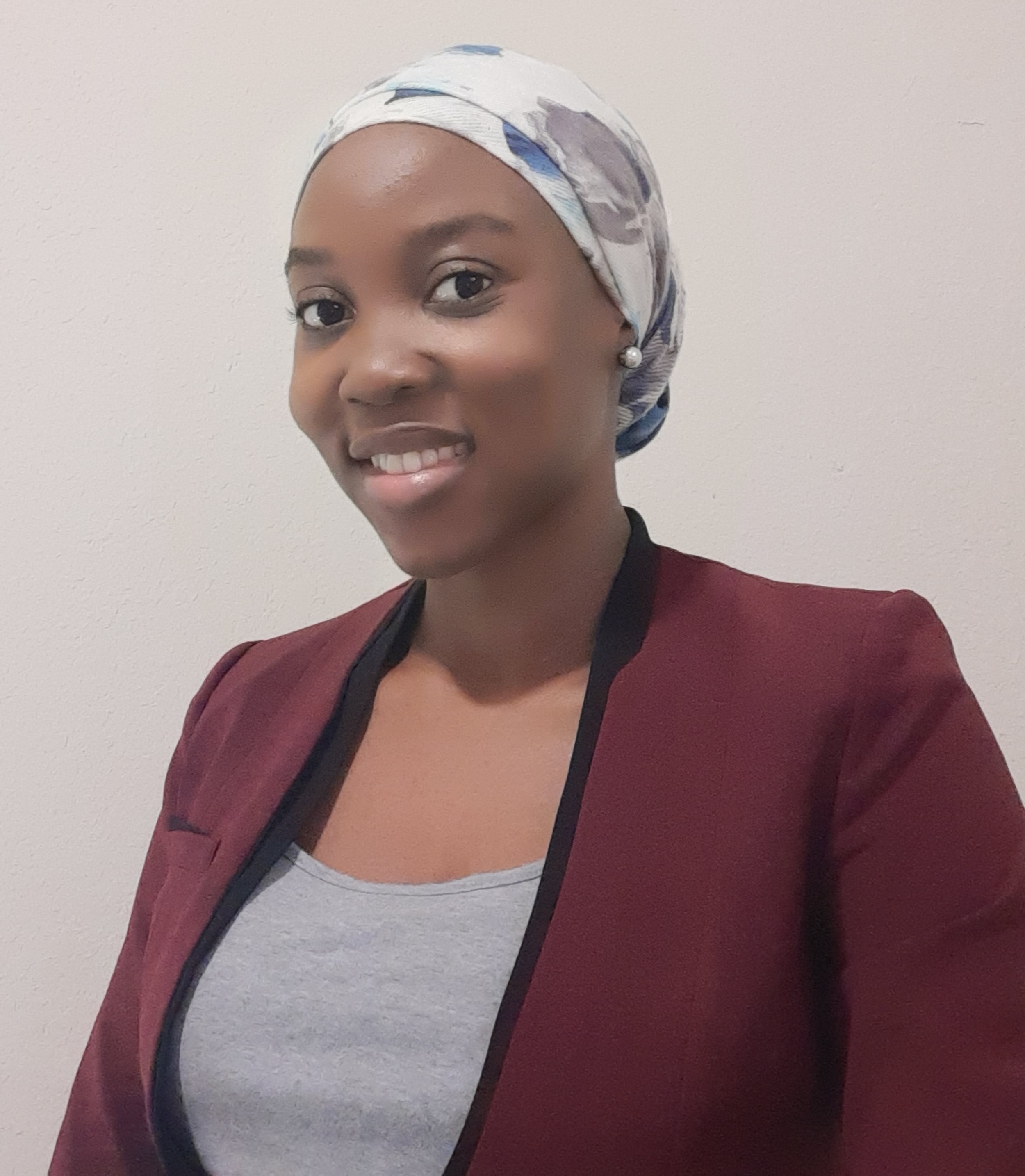
Munirat Sanmori
Munirat Sanmori is a Ph.D. student in Sociology at Georgia State University with academic credentials in Gerontology (M.A) from Georgia State University and Library and Information Science (MLIS), (BSc) from the University of Ibadan and University of Ilorin, Nigeria respectively. Her research focuses on global inequalities in access to medical and other services, specifically concerning vulnerable populations such as older adults, racial minorities, and individuals with disabilities. Her goals include conducting research, influencing policymaking, and providing services to support the well-being of diverse and underserved individuals.
Germans Savcisens
Germans Savcisens is a Ph.D. student in Computational Social Science at the Technical University of Denmark and a lecturer in Algorithmic Fairness & Ethics at the IT University of Copenhagen. His main research focuses on using emerging deep learning models to uncover complex patterns in socio-economic, health, and behavioral data. Meanwhile, he also works with natural language modeling for public discourse and sentiment analysis. His other interests include algorithmic auditing & explainability, network analysis, and foundation models. He holds a master's degree in Human-Centered AI.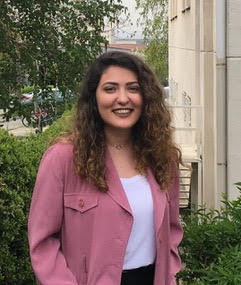
Hilal Sert
Hilal Sert is a Ph.D. student at Georgia State University, in the Political Science program. Hilal was born and raised in Ankara/Turkey. Se obtained her B.A. in International Relations from Bilkent University and M.A. in European Studies from the Sabanci University. Her research interests include terrorism, conflict, war termination and authoritarian regimes.